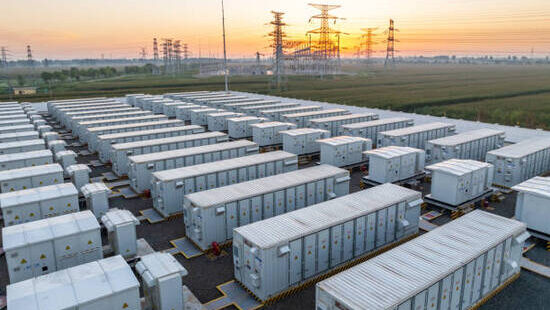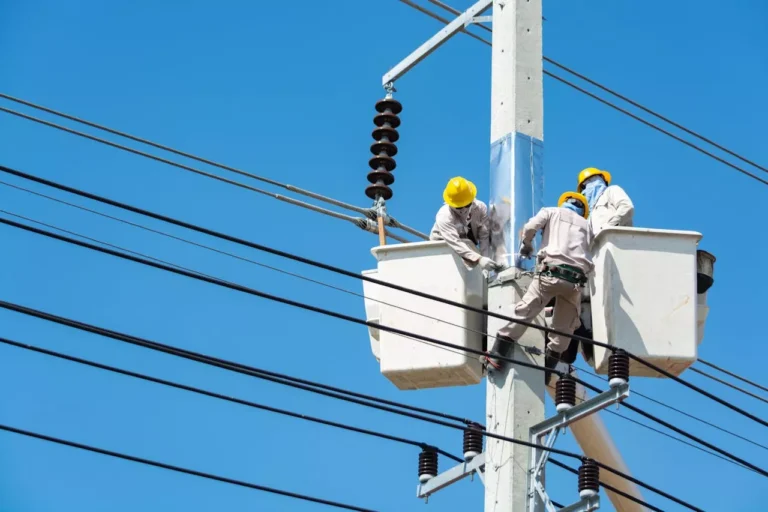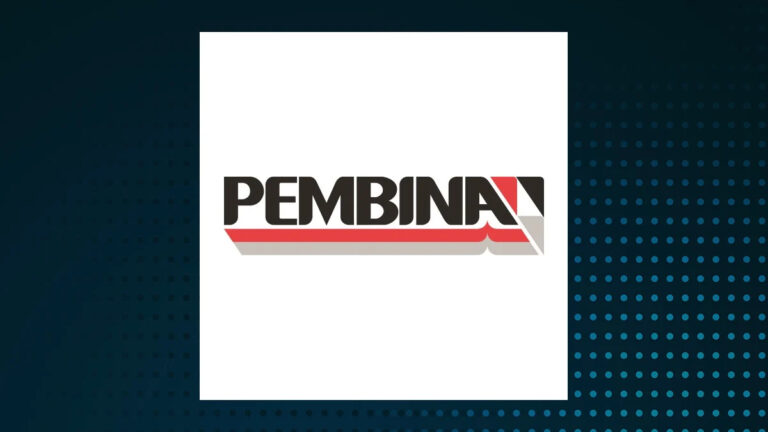
Oklo Secures DOE Approval for Aurora Fuel Fabrication Facility, Advancing Next-Generation Nuclear Energy Deployment
Oklo Inc. (NYSE: OKLO), a pioneer in advanced nuclear technologies, announced that the U.S. Department of Energy (DOE) Idaho Operations Office has officially approved the Nuclear Safety Design Agreement (NSDA) for the Aurora Fuel Fabrication Facility (A3F) at the Idaho National Laboratory (INL). This milestone marks a critical advancement for Oklo and for the United States’ broader strategy to revitalize nuclear energy infrastructure through innovation, safety, and national security initiatives.
The A3F is a cornerstone of the DOE’s Advanced Nuclear Fuel Line Pilot Projects, which aim to establish a new industrial framework for developing and producing advanced nuclear fuels domestically. Oklo’s NSDA is notably the first to be approved under this DOE initiative — and the approval was achieved in under two weeks, highlighting the efficiency of this newly streamlined authorization process.
The NSDA approval represents more than just a procedural milestone. It is a clear demonstration of how government and private-sector collaboration can accelerate technological innovation and reinforce energy independence. According to Oklo, the new authorization pathway may serve as a model for future fuel production projects by reducing regulatory bottlenecks and facilitating quicker deployment of next-generation reactors. This pathway also supports the Executive Order on Deploying Advanced Nuclear Reactor Technologies for National Security, which emphasizes nuclear innovation as a key pillar of U.S. energy resilience and competitiveness.
Repurposing Used Nuclear Fuel for Clean Energy
“This approval marks clear progress toward demonstrating how we can repurpose used nuclear fuel to power the next generation of clean energy reactors,” said Jacob DeWitte, co-founder and CEO of Oklo Inc. “Advanced fuel fabrication and recycling technologies represent a significant unlock for our business, addressing fuel-supply challenges while transforming fuel economics and creating new revenue opportunities.”
DeWitte’s statement underscores Oklo’s dual objective: to both enhance energy security and reimagine the nuclear fuel cycle. By developing technologies that recycle used nuclear material, Oklo is positioning itself at the forefront of sustainable nuclear energy production. This approach not only reduces waste but also maximizes the value of existing fuel resources, offering a compelling solution to long-standing challenges in the nuclear sector.
A3F: Linking Fuel Production with Power Generation
Located at the Idaho National Laboratory, the Aurora Fuel Fabrication Facility (A3F) will fabricate fuel for Aurora-INL, Oklo’s first commercial-scale advanced reactor. This facility was selected as part of the DOE’s Reactor Pilot Program, a major initiative designed to bridge the gap between research and commercial deployment of advanced nuclear systems.
Together, A3F and Aurora-INL will serve as a tightly integrated model for the future of nuclear energy — coupling fuel production with power generation in a way that streamlines deployment and enhances efficiency. Once operational, these facilities will demonstrate how advanced nuclear energy systems can be brought to market faster, while maintaining the highest safety and environmental standards.
DOE’s Modernized Authorization Approach
The DOE’s updated authorization framework is designed to modernize how nuclear fuel production lines are approved, constructed, and operated. Traditionally, nuclear projects faced years of regulatory review before groundbreaking could even begin. The new Fuel Line Pilot Project process significantly shortens this timeline by providing clear criteria for research, development, and demonstration facilities — allowing qualified companies like Oklo to move forward faster without compromising safety oversight.
By leveraging this process, the DOE is not only supporting private-sector innovation but also laying the groundwork for a national-scale advanced fuel production network. Such a network could supply reactors designed for civilian use, space missions, defense applications, and remote industrial operations.
Building on Recent Milestones
The approval of the A3F’s NSDA follows Oklo’s recent groundbreaking for its Aurora-INL reactor, another first-of-its-kind facility that can be built and operated under a DOE authorization pathway. This dual-track progress — reactor construction and fuel fabrication — illustrates how Oklo is pioneering a vertically integrated approach to advanced nuclear deployment.
In practical terms, these advancements mean that Oklo’s upcoming Aurora reactors could move from demonstration to commercial operation faster than traditional nuclear projects. This progress could also inform the U.S. Nuclear Regulatory Commission’s (NRC) future frameworks for licensing commercial advanced reactors, helping create a predictable and repeatable path for scaling up production.
Leveraging Legacy Fuel Resources
Oklo’s access to nuclear fuel material stems from a competitive DOE process initiated in 2019. That same year, Oklo received both a site-use permit at INL and authorization to access fuel recovered from the historic Experimental Breeder Reactor-II (EBR-II). The EBR-II, operated from the 1960s through the 1990s, was a landmark in fast-reactor technology and closed-fuel-cycle research. By utilizing this legacy material, Oklo is bridging the gap between past innovation and future energy production — turning what was once considered waste into a valuable resource for clean power generation.
This repurposing strategy demonstrates Oklo’s commitment to sustainability and circular fuel use, principles that align with national goals for waste minimization and decarbonization.
Government-Industry Collaboration in Action
“Approval of the NSDA for Oklo’s Aurora Fuel Fabrication Facility is an important step forward,” said Robert Boston, Manager of the DOE Idaho Operations Office. “We’re excited for companies selected for the Fuel Line Pilot Program to demonstrate how the United States can safely and efficiently scale the next generation of nuclear fuel manufacturing.”
Boston’s remarks highlight the broader strategic importance of Oklo’s work. By demonstrating safe, efficient, and replicable methods for fuel production, the A3F could pave the way for a new generation of U.S. companies to participate in nuclear manufacturing — expanding domestic capacity and strengthening the supply chain for advanced reactor deployment.
A Model for Future Growth
As the United States seeks to achieve ambitious carbon reduction targets and secure its energy independence, advanced nuclear energy is increasingly recognized as a critical component of the solution. Oklo’s progress at the Idaho National Laboratory not only supports these national objectives but also represents a tangible example of how government and private enterprise can collaborate to accelerate clean energy innovation.
The swift DOE approval of the NSDA underscores the growing alignment between regulatory reform and technological progress. By demonstrating that complex nuclear projects can move forward safely and efficiently, Oklo is setting the stage for an era in which small, scalable, and sustainable nuclear reactors play a central role in global decarbonization efforts.
With the Aurora Fuel Fabrication Facility and Aurora-INL moving ahead in tandem, Oklo continues to position itself as a leader in the next wave of nuclear innovation — an industry poised to deliver clean, reliable, and economically viable power for decades to come.
Source Link: https://www.businesswire.com/







